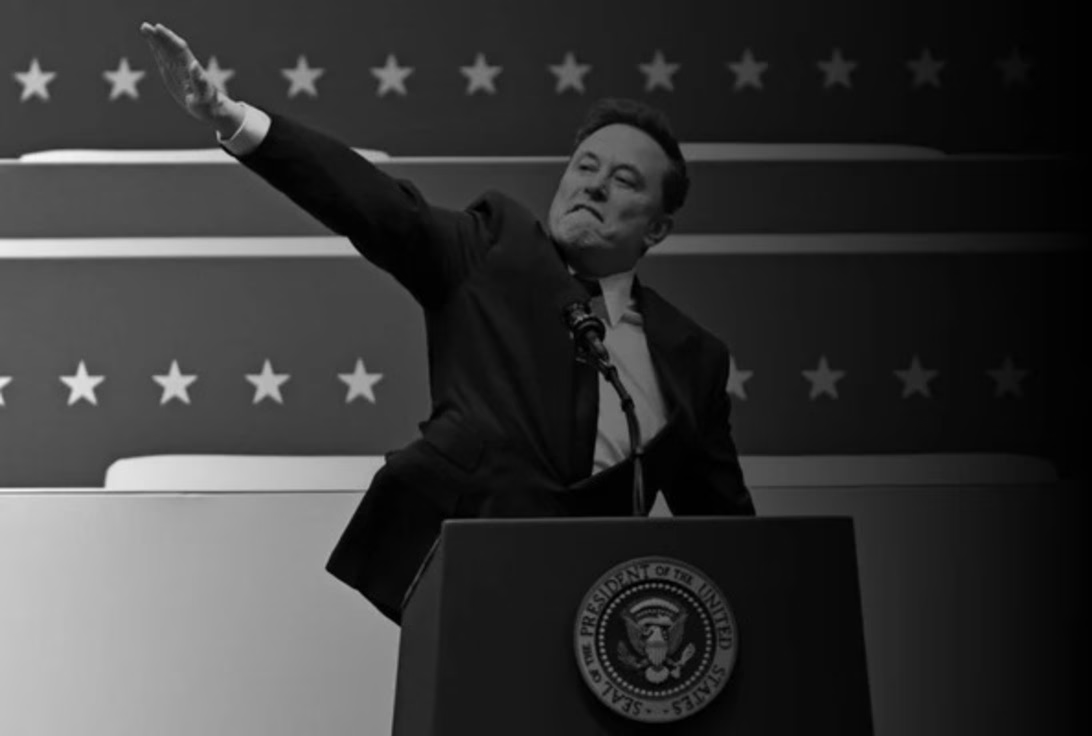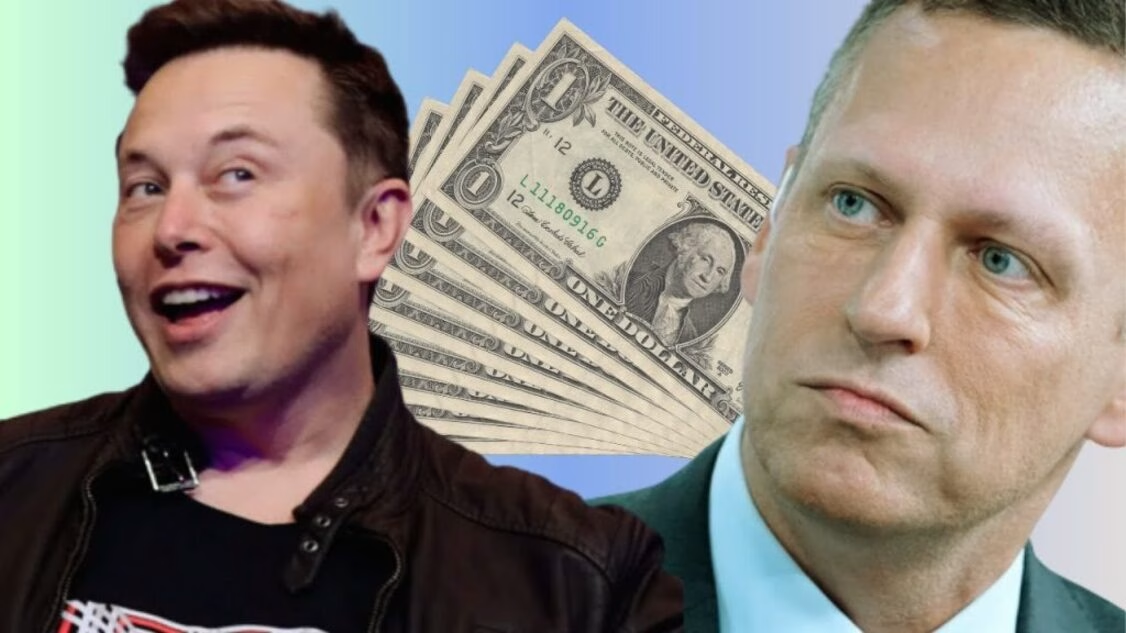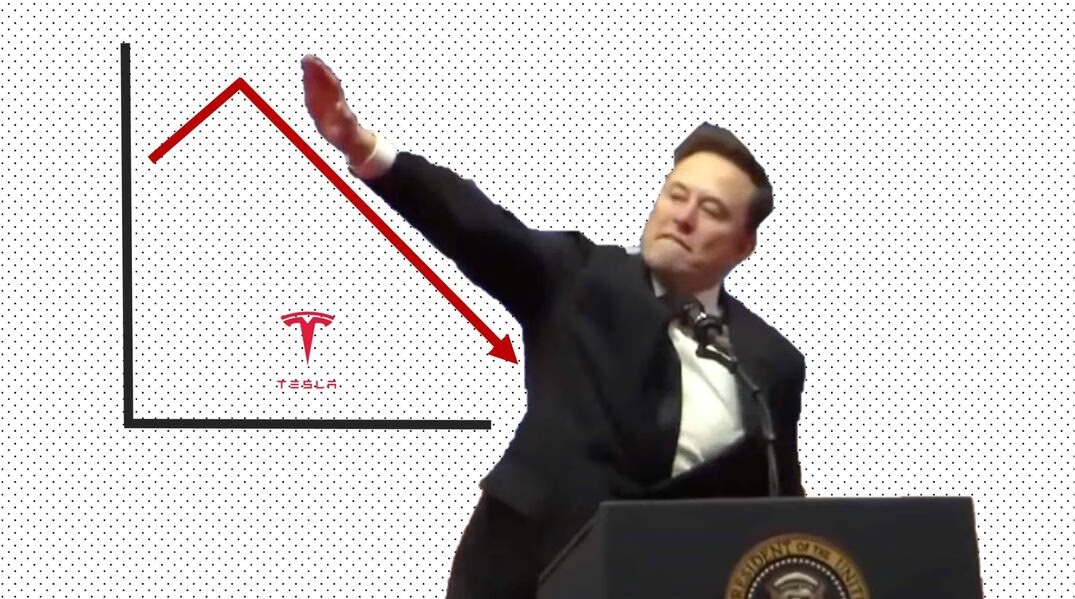By Tony Bruce & Don Terry | Friday, February 21, 2025 | 4 min read
GOP have put forth a budget proposal that’s raising eyebrows across the political spectrum. Their newly unveiled resolution calls for $4.5 trillion in tax breaks, with the lion’s share benefiting the ultra-wealthy—including figures like Elon Musk—while slashing $2 trillion from Medicaid, food assistance, and other crucial social programs.
This plan, set to be marked up by the House Budget Committee, could lead to one of the most significant wealth redistributions in modern U.S. history—favoring billionaires at the expense of working-class Americans. The proposal mirrors Senate Republicans’ budget blueprint, which also calls for deep cuts to Medicaid, the Supplemental Nutrition Assistance Program (SNAP), and other essential services for low-income families.
Critics argue that this budget is a clear giveaway to the ultra-rich, including Elon Musk, whose wealth has skyrocketed in recent years due to booming stock valuations and favorable tax policies.
“Instead of tackling rising prices and delivering relief for American families, House Republicans are charging ahead with trillions of dollars in deeply unpopular tax breaks for billionaires like Donald Trump and Elon Musk,” said Alex Jacquez, chief of policy and advocacy at the Groundwork Collaborative.
Jacquez went further, accusing GOP lawmakers of “ransacking healthcare, food assistance, and other vital programs that American workers and families rely on” to finance tax cuts for the richest Americans.
The resolution specifically tasks the House Energy and Commerce Committee, which oversees Medicaid, with cutting at least $880 billion from its budget over the next decade. Meanwhile, the House Agriculture Committee, responsible for SNAP, must slash no less than $230 billion in spending.
Opponents of the plan say the proposed budget takes direct aim at low-income Americans while doing little to curb the national debt. Bobby Kogan, a senior director of federal budget policy at the Center for American Progress, put it bluntly:
“They want to do a giant tax cut that disproportionately helps the rich while taking away people’s health insurance and food—while still adding trillions to the debt.”
The resolution calls for $2 trillion in cuts to “mandatory spending” over the next decade, a category that includes Medicaid, Medicare, Social Security, and SNAP. While Social Security benefits are protected under the reconciliation process, programs like Supplemental Security Income (SSI) remain vulnerable.
One of the proposed ways to reduce spending is through stricter work requirements for Medicaid and SNAP recipients. But critics warn that such measures could strip benefits from tens of millions of struggling Americans, disproportionately affecting seniors, people with disabilities, and low-income workers.
Families USA executive director Anthony Wright issued a stark warning:
“The sheer size of the proposed cuts means millions of Americans losing coverage, hospitals and clinics plunged into budget shortfalls, and healthcare services we all depend on being eliminated. This budget resolution is a five-alarm fire alert for our healthcare.”
Republicans argue that their tax cuts will boost investment, job creation, and overall economic growth. Supporters of the plan claim that reducing tax burdens on corporations and high-net-worth individuals like Elon Musk will encourage reinvestment into the economy, leading to innovation and expansion.
However, many economists dispute this theory, pointing to past tax cuts that primarily benefited the wealthy without significant trickle-down effects. Critics also argue that America’s richest individuals, including Musk, have a long track record of using loopholes and offshore accounts to minimize their tax burdens, further undercutting claims that these cuts will fuel broad-based economic growth.
A Growing Backlash
The backlash against the proposal is growing. Kobie Christian, a spokesperson for the progressive coalition Unrig Our Economy, issued a scathing rebuke, saying:
“House Republicans showed us that what they value is more tax breaks for greedy billionaires and giant corporations, with everyday people paying the price. At a time when everyday Americans face increasingly higher prices, Speaker Johnson and his allies want to write billionaires a check and force working-class people to foot the bill.”
While this budget proposal still faces hurdles before becoming law, it has ignited a fierce debate over economic priorities in the U.S. As Congress weighs its options, the nation watches closely to see whether lawmakers will prioritize billionaires like Elon Musk or the millions of Americans who rely on healthcare and food assistance to survive.
One thing is clear: the outcome of this budget battle will shape the economic landscape for years to come.
Copyright 2025 FN, NewsRoom.






